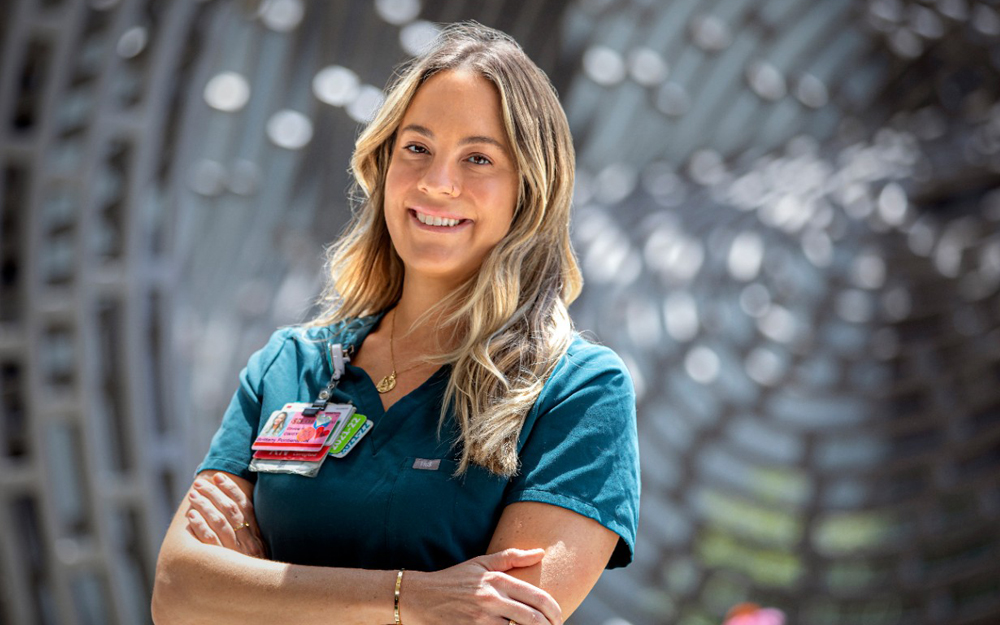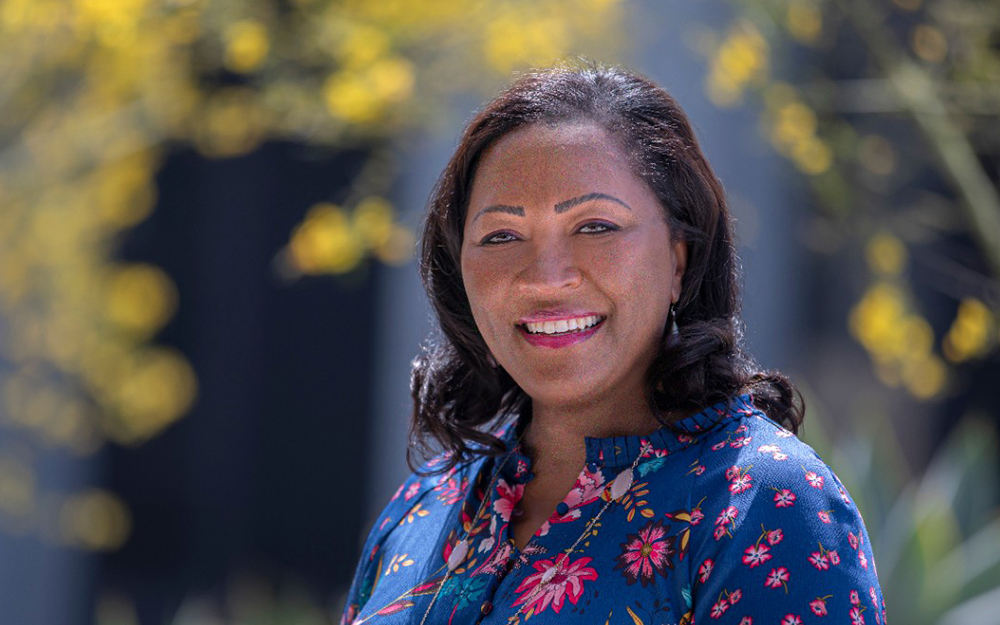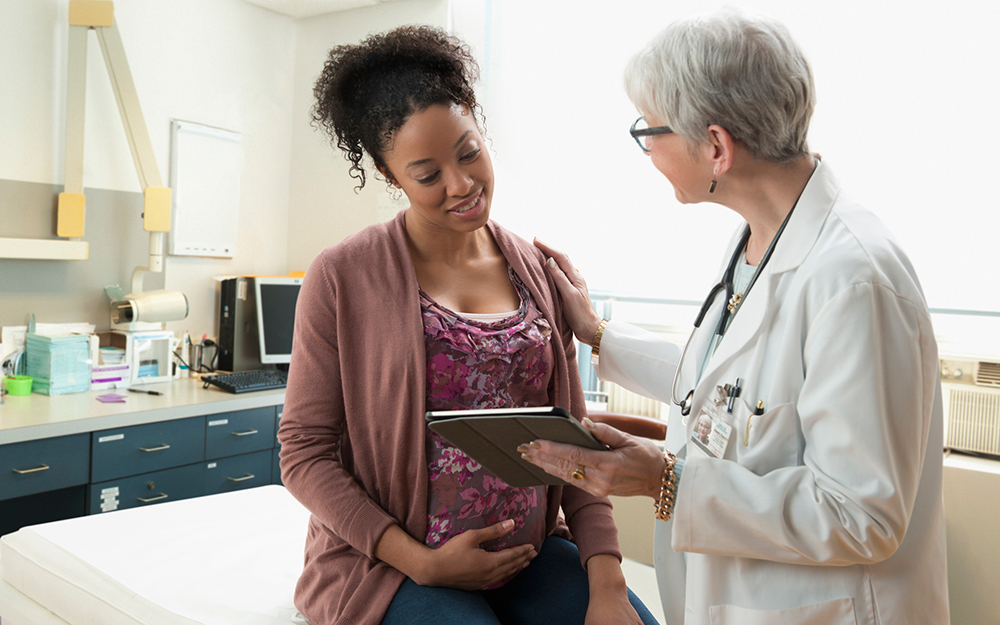Faces of Cedars-Sinai: Nurse Brittany Pontiero
Date
May 6, 2022

Date
May 6, 2022
Credits
Medical providers featured in this article
In Brief
{{cta-block}}
Meet Brittany Pontiero, a nurse in the Maternal-Fetal Care Unit at Cedars-Sinai.
Brittany has been a nurse for 14 years and hopes to spend the rest of her career at the bedside helping moms who have encountered problems during their pregnancies.
"I always tell my patients they don't have just one nurse, they have the entire unit—our residents, the doctors—and everybody's watching out for you."
What is the Maternal-Fetal Care Unit?
Brittany Pontiero: I always call it the unit nobody knows about until you're there. In short, we take care of moms and babies—sometimes while the babies are still inside. Anyone who has a problem during pregnancy that could affect their health, or the health of their babies, might end up in our unit. These stays can be long, anywhere from four to 12 weeks.
What inspired you to become a nurse?
BP: My mom had been an oncology nurse, and for a while, I always thought I would go into oncology or pediatric oncology. I went to the nursing program at Santa Monica College, and the last rotation of my preceptorship was in Labor and Delivery. I loved it. These nurses were so confident, and there was so much adrenaline.
There are so many different parts of it—it's an emergency room, an operating room, a pre-operating room and so much more. There's never a dull day. You might be in an operating room in one hour, and then laboring with a patient two hours later. I was also sometimes rotating into the Maternal-Fetal Care Unit, and I loved it. So, after 11 years in Labor and Delivery, I switched.
What made you choose to work in maternal-fetal care?
BP: I love so many things about this unit. The patients come in, maybe when their bag of water is broken at 24 weeks. They're petrified and thinking the worst—which is what I would do, even knowing everything I know. We're there to comfort them, help them make this their home, develop a routine with them and get to know them.
When I was helping women give birth, it was a very small, but very important, moment in time. In maternal-fetal care, we get to know someone over many weeks, we get to make them feel safe and comfortable, and we help them continue in the hope that their pregnancy will continue to a good outcome.
We also take care of moms after they've given birth if they had a complication, such as too much bleeding or really high blood pressure that led to preeclampsia. We help them get better. We understand this wasn't according to their birth plan, but it's what we do every day.
We're a very close team, and I always tell my patients they don't have just one nurse, they have the entire unit—our residents, the doctors—and everybody's watching out for you.
What's your self-care go-to?
BP: I used to do one or two trips a year internationally. Now, it's just shorter weekend trips. I love to go to spin every morning, then swing by my local coffee shop. Everyone knows my name there. I've learned to love the simple things.



